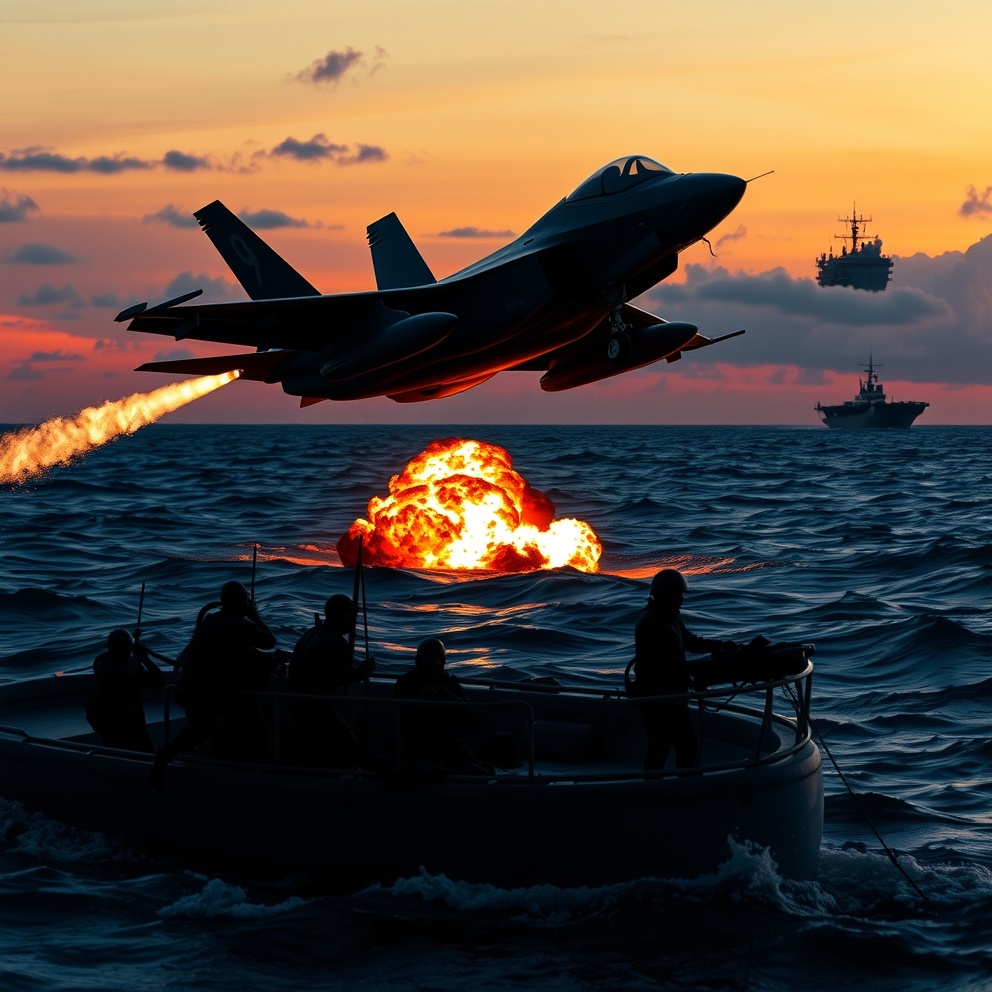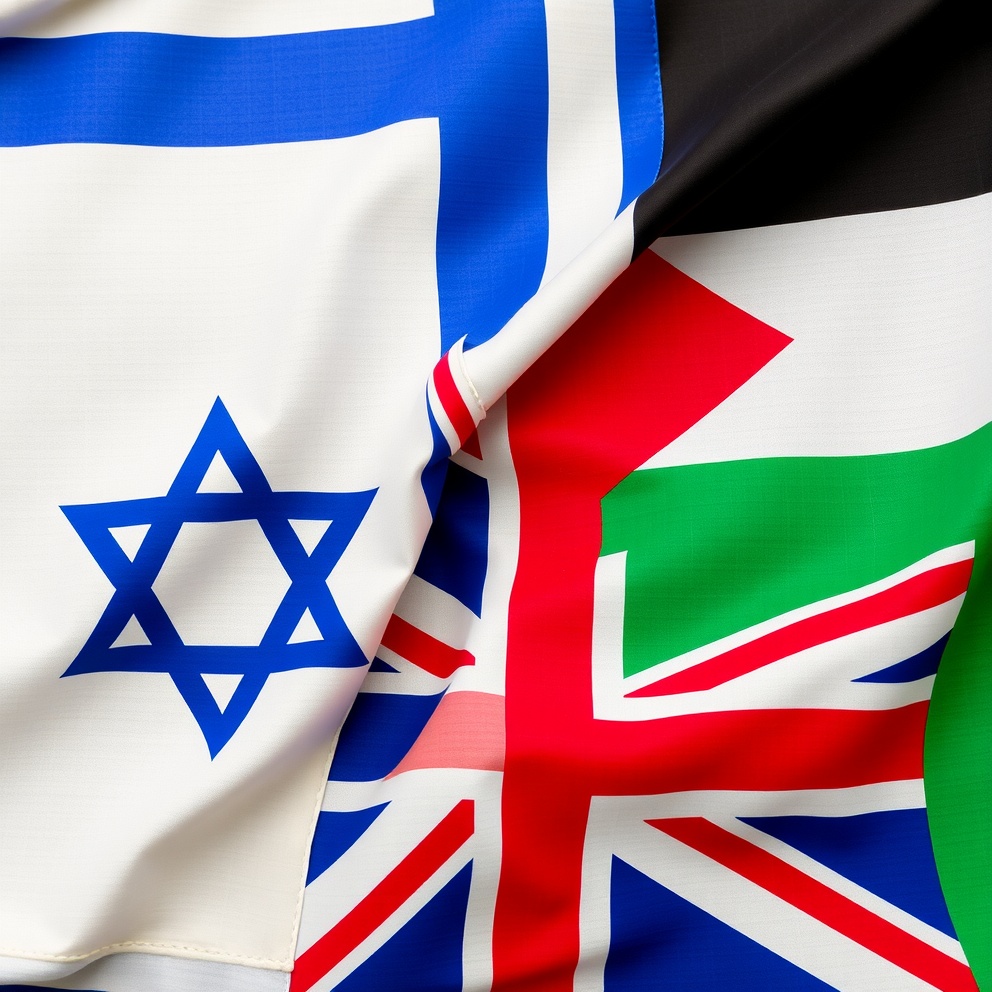Escalating Tensions: Cyberattacks, Space Incidents, and Geopolitical Struggles in Poland
In recent months, Poland has been at the forefront of various global challenges. A cyberattack on its space agency (POLSA), a SpaceX rocket debris incident over its territory, and debates around releasing frozen Russian assets all point to an increasingly complex interplay of security threats and geopolitical maneuvering. This article aims to delve into these events, exploring their potential connections and implications for Poland’s future.
The Cyberattack on POLSA: A Wake-Up Call
On March 4, 2025, POLSA reported a cyberattack, disconnecting its network and initiating an investigation. This incident is not the first of its kind; according to Poland’s digital minister, the country has faced numerous attacks in recent years, often attributed to Russia. The timing of this attack raises questions about whether it is part of a broader Russian strategy to disrupt Poland’s infrastructure, particularly given its support for Ukraine.
The SpaceX Debris Incident: A New Concern for Space Security
In February 2025, debris from a SpaceX Falcon 9 rocket crashed into Poland due to a propellant leak. While the incident was initially attributed to an accident, it highlights the vulnerability of space infrastructure. Could this event have inadvertently exposed security gaps exploited by malicious actors? As space exploration and activities continue to grow, the need for robust security measures in space agencies becomes increasingly important.
The Pressure to Release Frozen Russian Assets: A Geopolitical Tug-of-War
Poland, along with other EU states, is urging the release of $200 billion in frozen Russian assets to fund Ukraine’s war effort. This move has met resistance from countries like Germany, viewing the assets as bargaining chips. The pressure to release these funds could heighten tensions, potentially prompting Russia to retaliate through cyberattacks.
Analysis and Speculation:
– Russian Retaliation: The cyberattack on POLSA may be part of a broader Russian strategy to disrupt Poland’s infrastructure, particularly given Poland’s support for Ukraine. As pressures mount to release frozen assets, Russia might intensify cyber campaigns against key EU and NATO allies.
– Space Vulnerabilities: The SpaceX debris incident, while accidental, might highlight vulnerabilities in space infrastructure. Future incidents could be exploited for malicious purposes, underscoring the need for robust security measures in space agencies.
– Geopolitical Fallout: The debate over frozen assets reflects deeper divisions within the EU. Poland’s stance, alongside other Eastern states, could lead to increased diplomatic tensions, potentially isolating Poland and making it a prime target for cyberattacks.
Conclusion:
Poland’s recent challenges—cyberattacks, space debris, and geopolitical pressures—underscore the multifaceted nature of modern conflicts. As Poland continues to support Ukraine, the risk of retaliatory cyberattacks may rise. The interplay between these events suggests a volatile landscape where security, space, and geopolitics intersect, urging a proactive approach to mitigate future threats.
Links and Summaries:
1. Cyberattack on POLSA: TechCrunch Article
2. SpaceX Debris Incident: Yahoo News Article
3. Frozen Russian Assets Debate: Yahoo News Article
This analysis suggests that Poland’s strategic role in the Ukraine conflict, coupled with incidents like the SpaceX debris and cyberattacks, signals a critical juncture where geopolitical tensions could escalate, necessitating vigilant and coordinated international responses.











Allison Johnston
we need to be thinking about this bigger picture. As someone who’s followed international relations for years, I can tell you that tensions between Poland and Russia are going to get worse before they get better. We’re already seeing it with cyberattacks, space incidents, and now even debates over frozen assets. It’s like a domino effect!
So what’s the solution? Well, from my perspective as an armchair diplomat, I think we need to start thinking about some serious international cooperation. We need to be working together to share intelligence, coordinate our responses, and support Poland in any way we can. And we definitely need to be holding Russia accountable for their actions – this isn’t just about Ukraine or Poland; it’s about the entire global community.
Now I know what you’re thinking – “But what about the economic implications?” Well, let me tell you as someone who’s studied international trade: we’re going to see some major economic shifts in the coming years. And if we don’t get our act together, we could be facing a global recession that would make the 2008 crisis look like a cakewalk.
So what can we do? First and foremost, we need to keep an eye on Poland’s situation and offer any support we can. We also need to start thinking about some serious reforms in our international institutions – maybe it’s time for us to rethink the way we handle conflicts like this.
But most importantly, let’s not lose sight of what really matters: the people of Poland are suffering right now, and they deserve our help. Whether it’s through financial aid, diplomatic support, or even just a good old-fashioned dose of moral support, we need to be there for them.
So here’s my question to you all: what do we need to do to prevent this situation from spiraling out of control? Do we have the resources and expertise in place to tackle these complex geopolitical challenges? And most importantly, how can we make sure that the people of Poland are protected and supported every step of the way?
I’m eager to hear your thoughts on this – let’s get a conversation started!